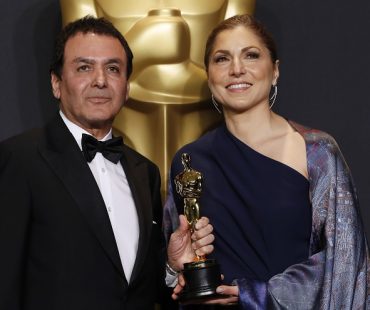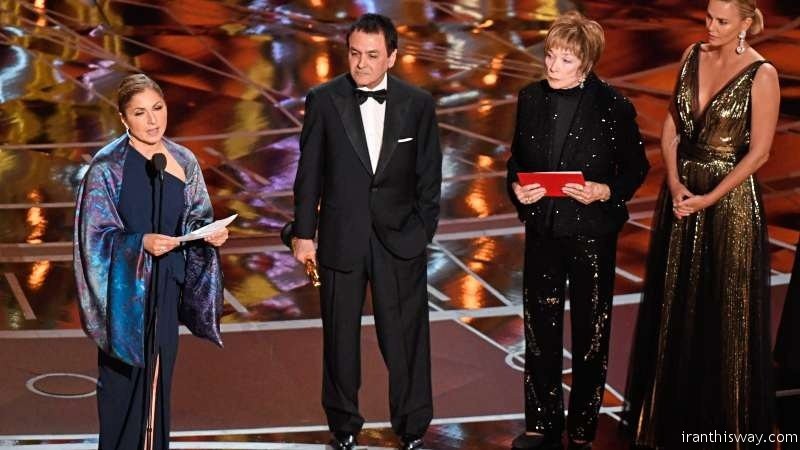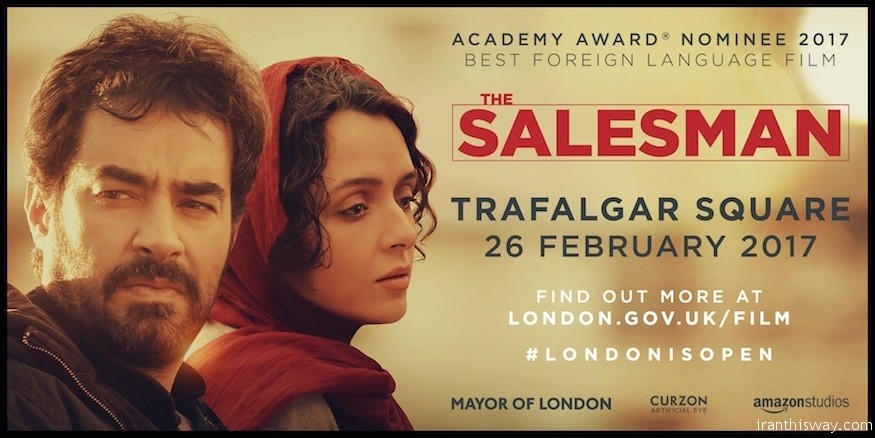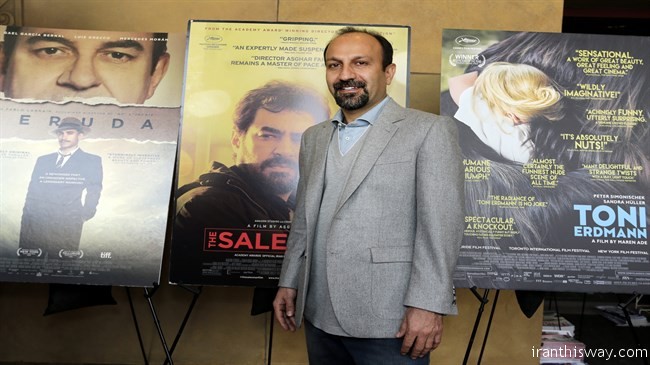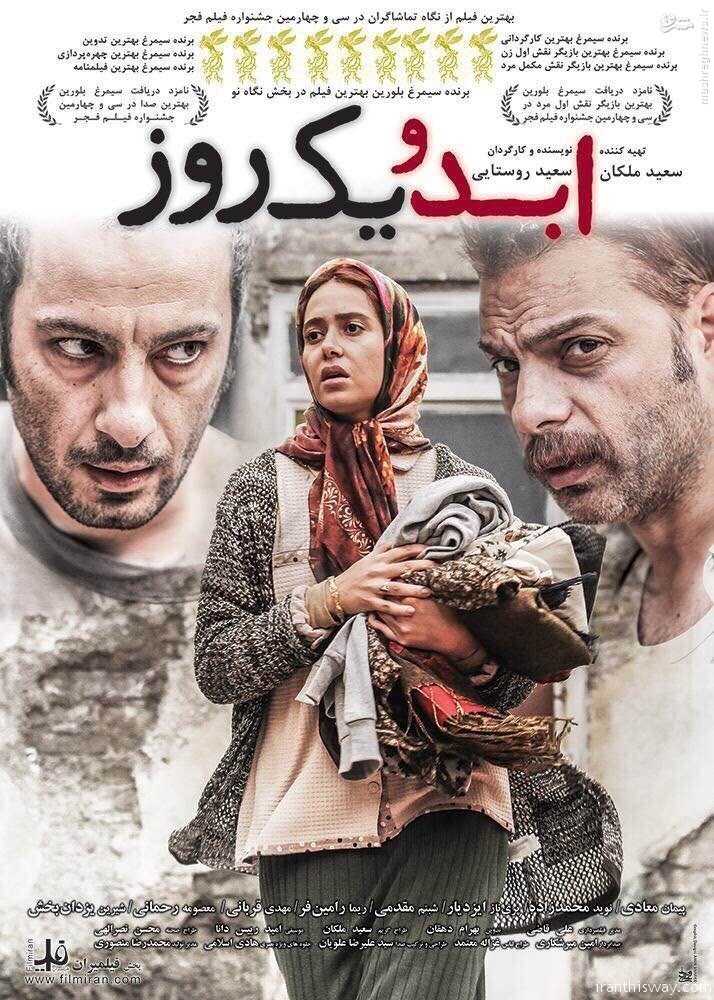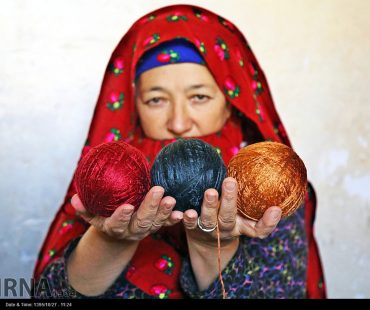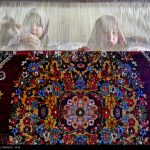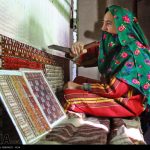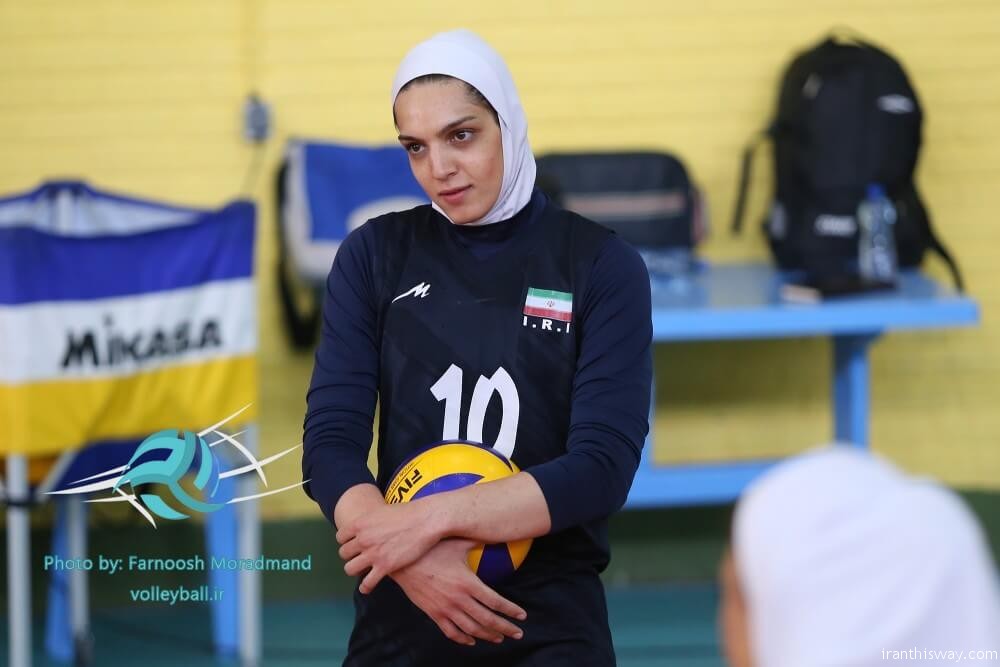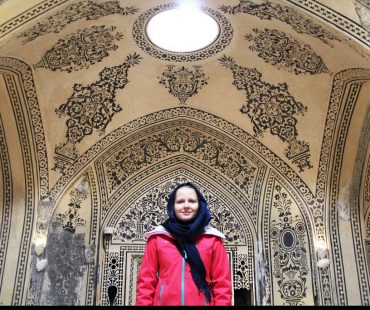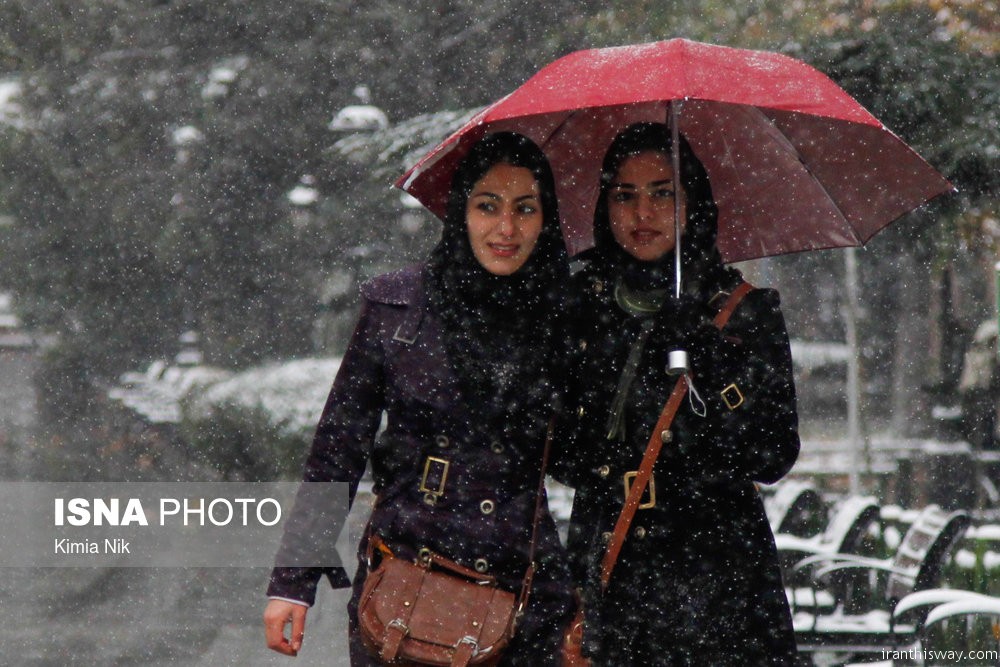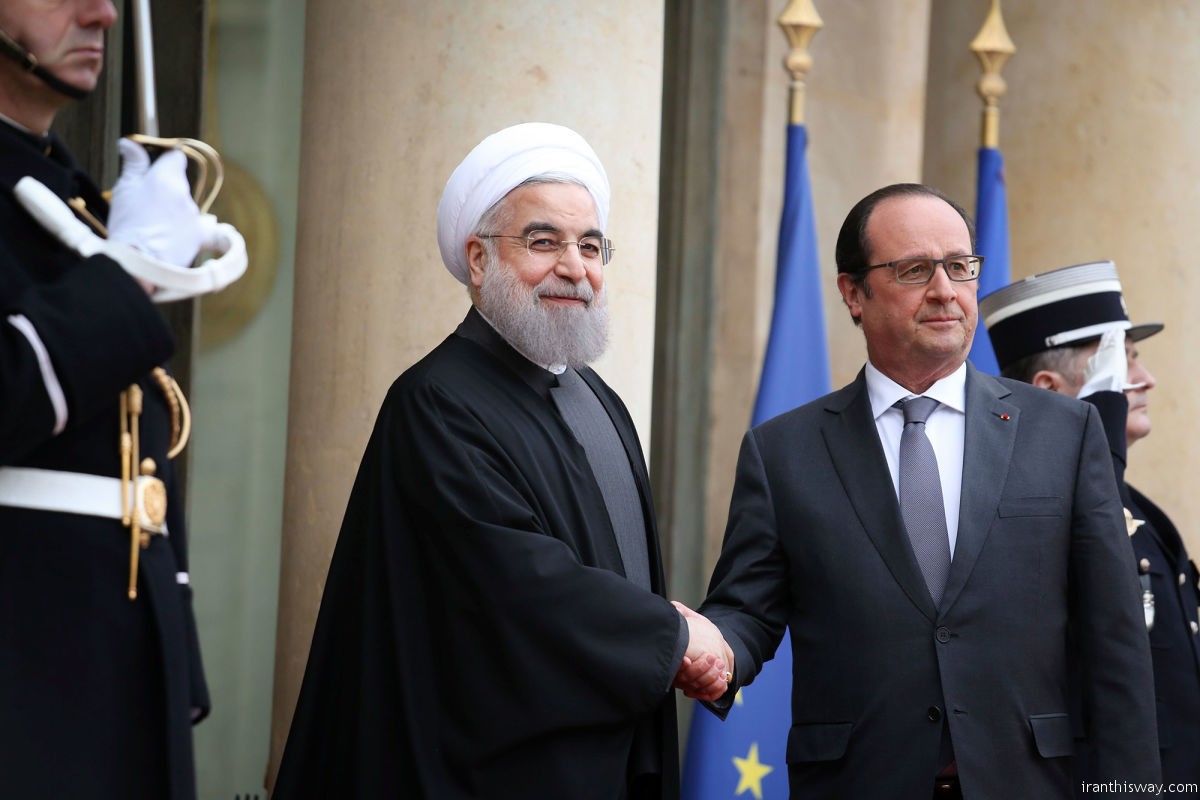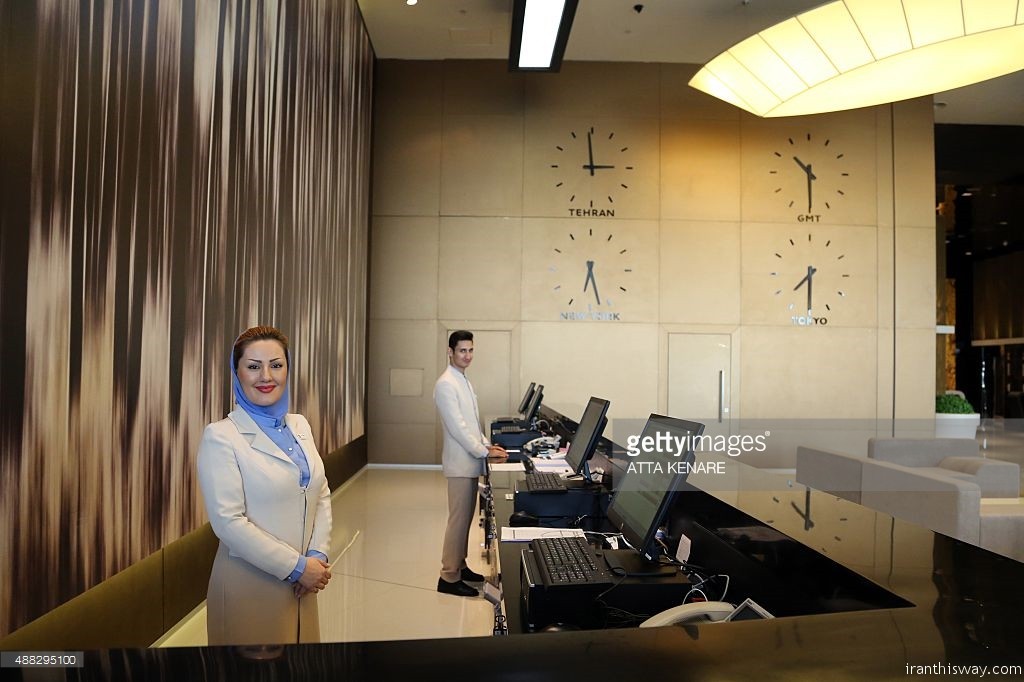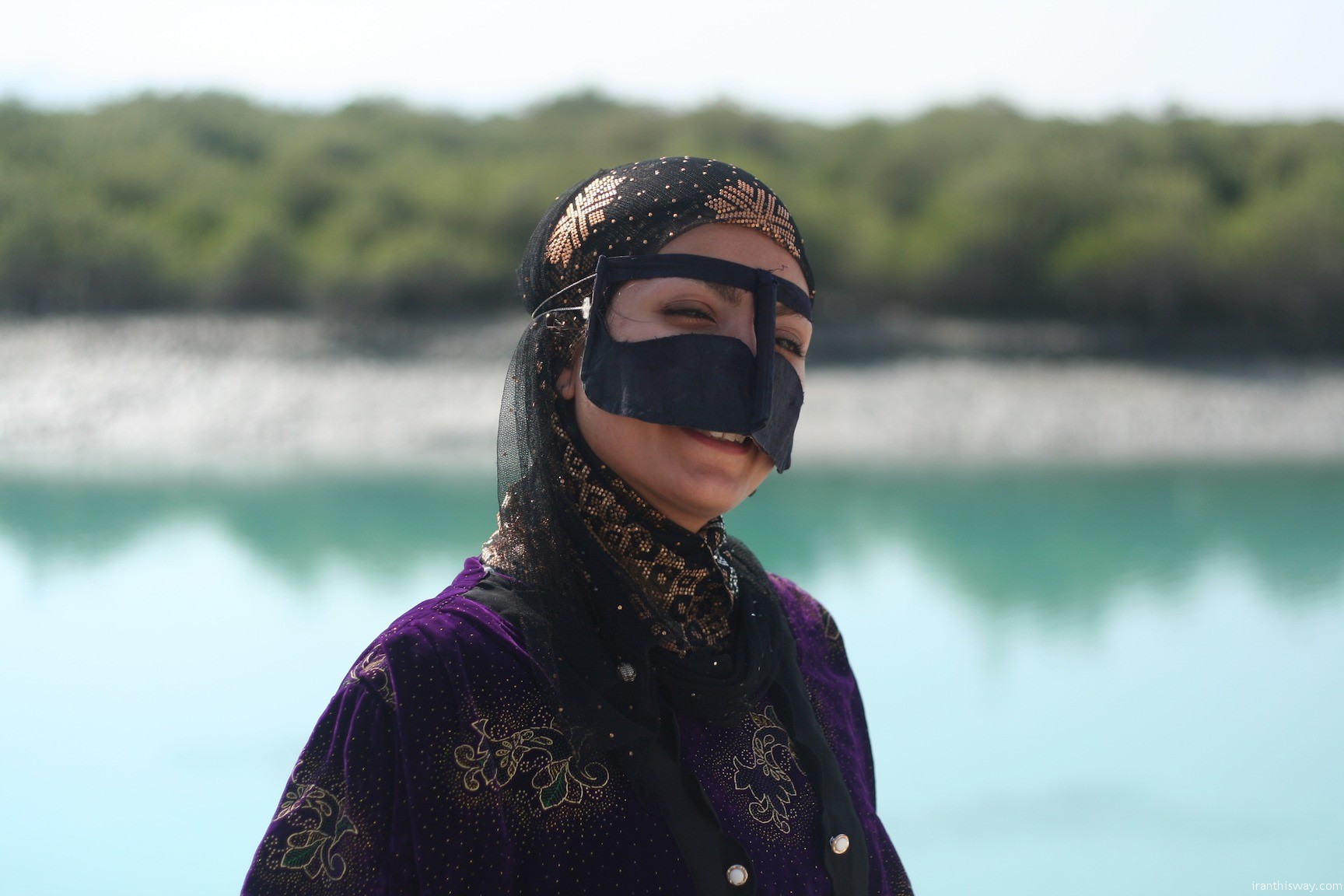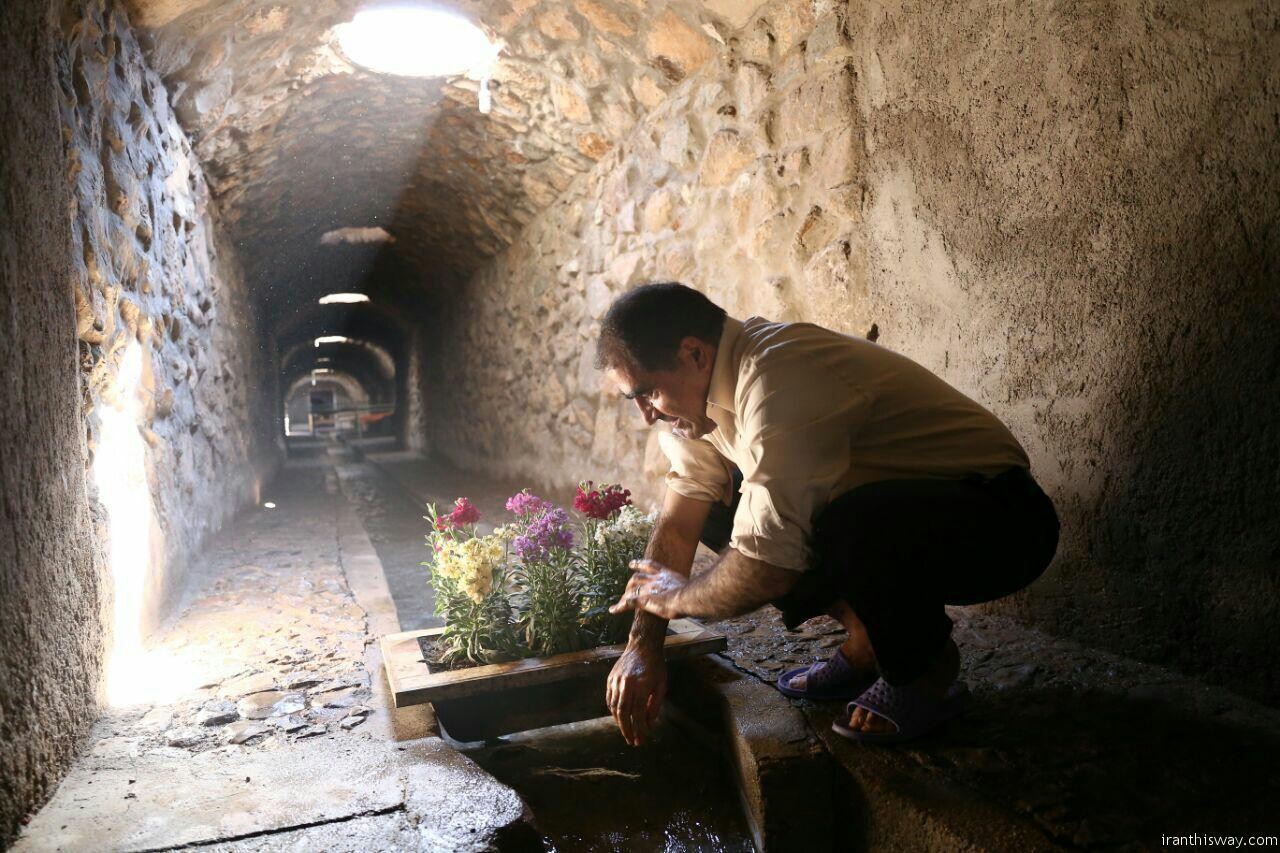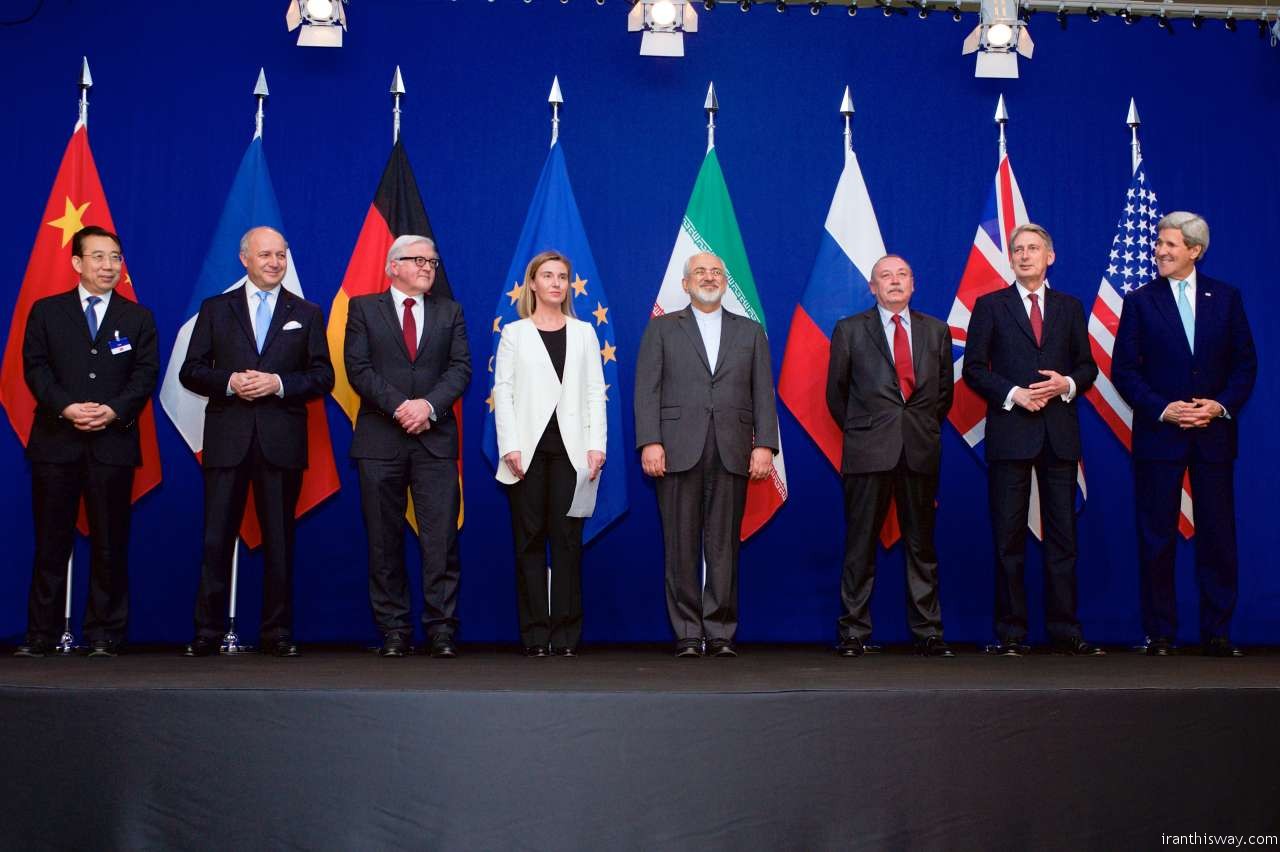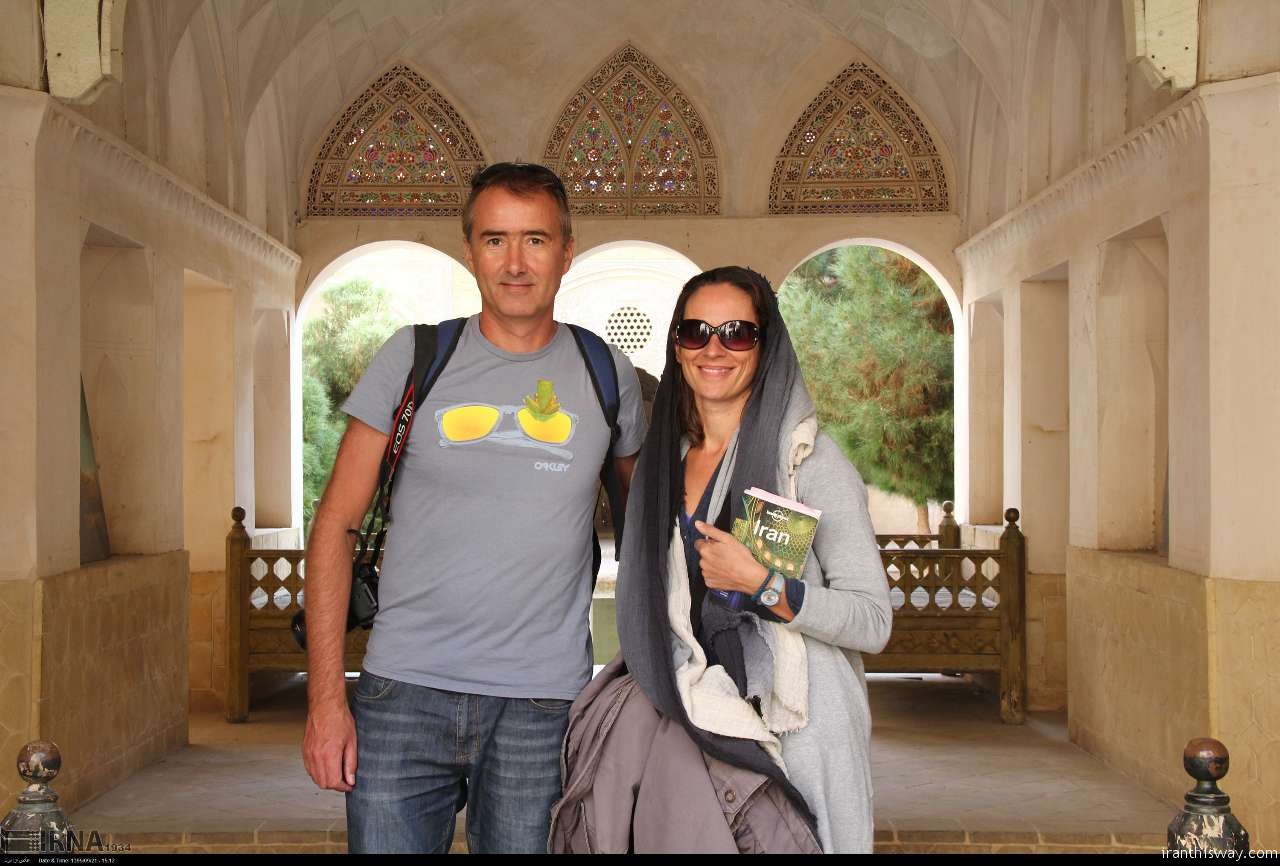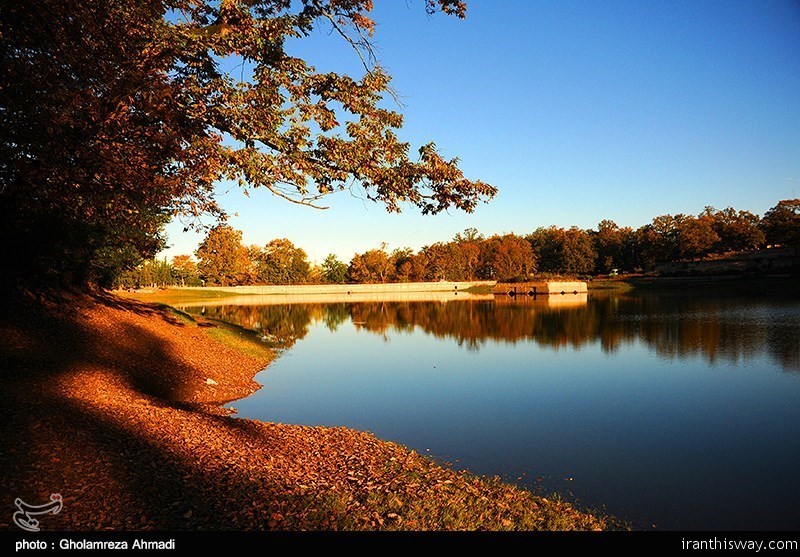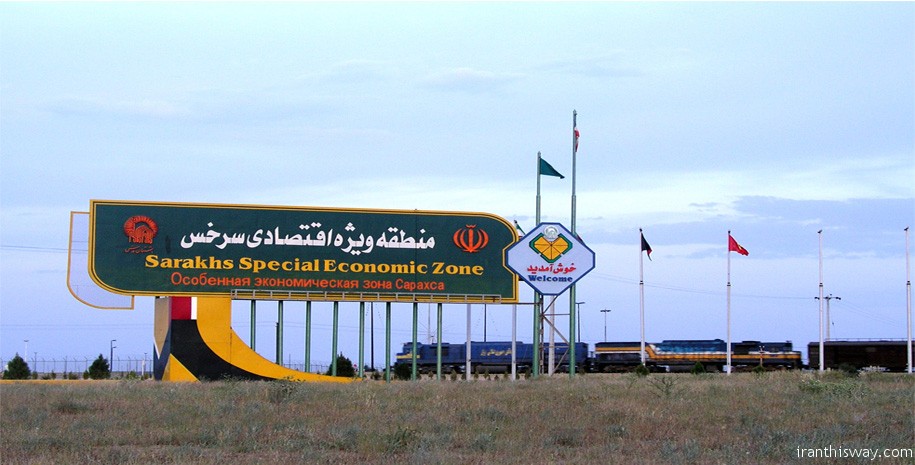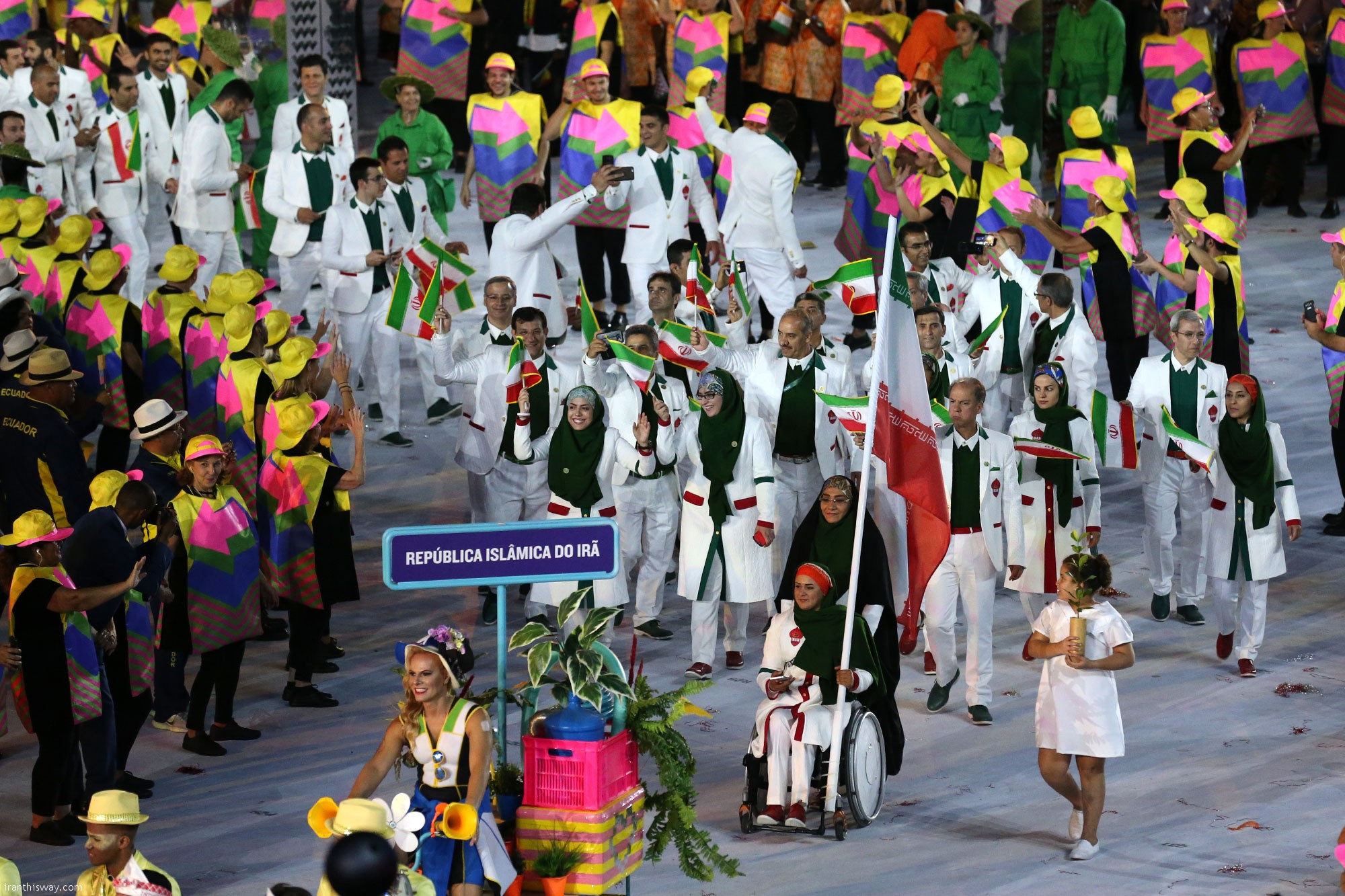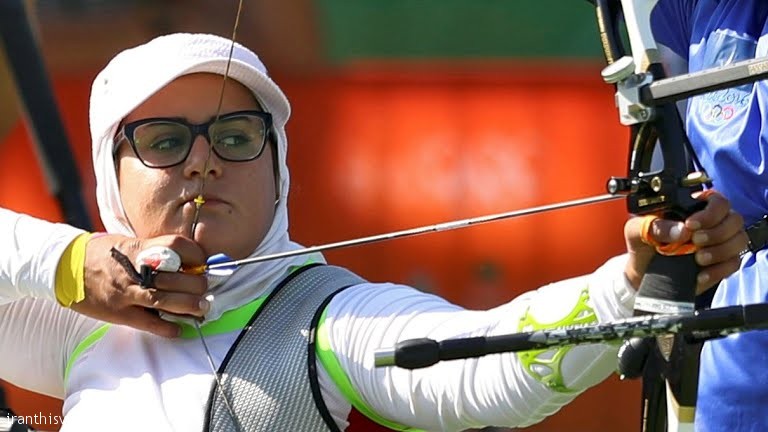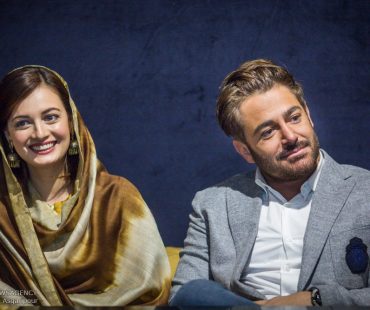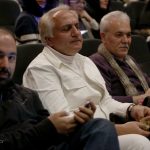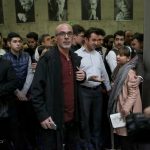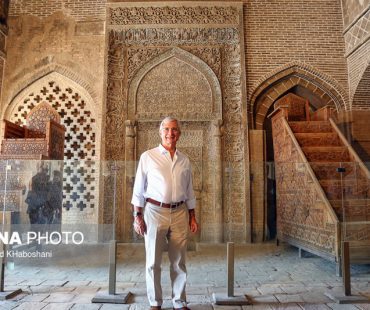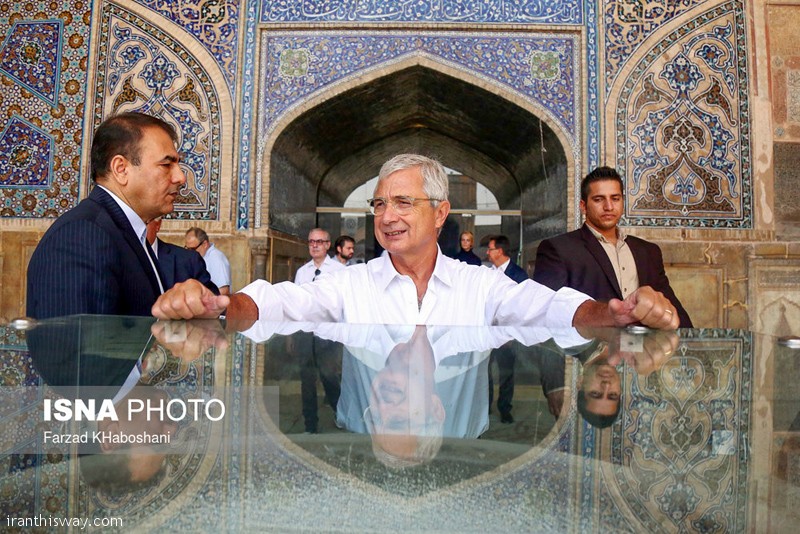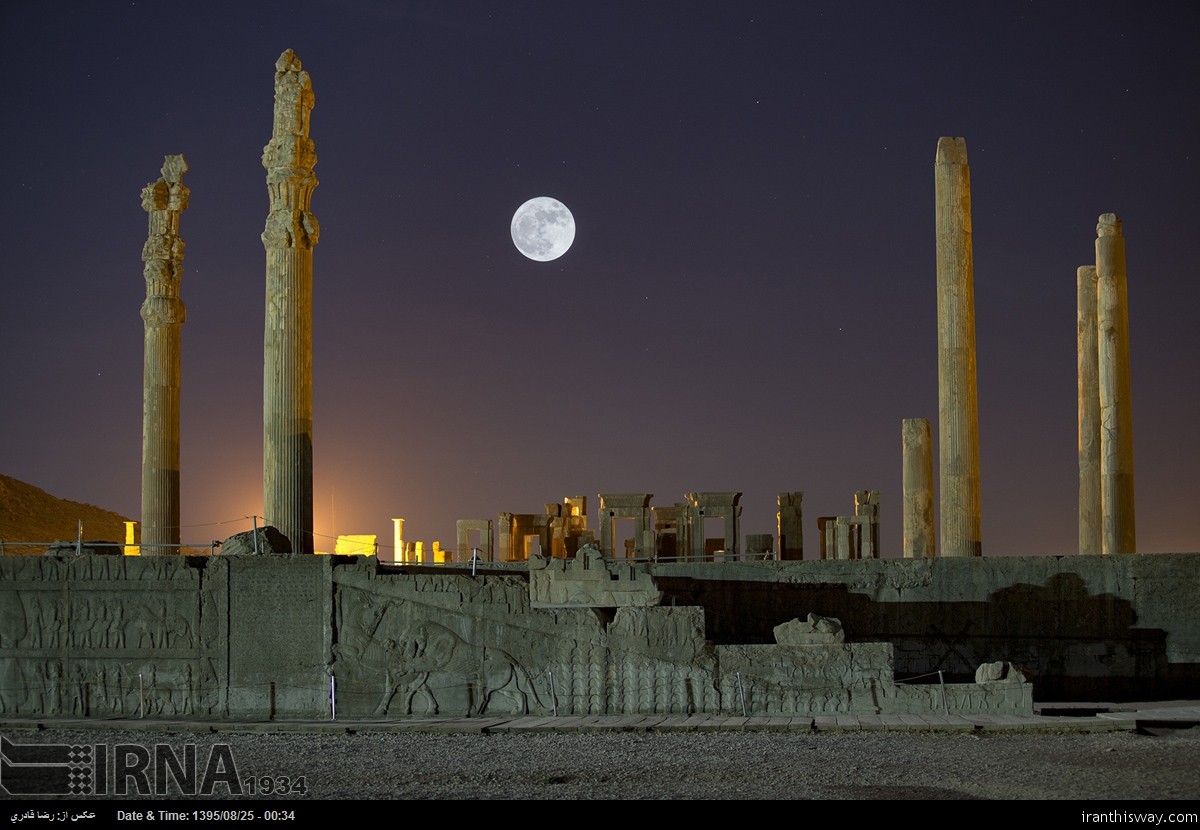Iranian film ‘The Salesman’ on Sunday won the Oscar for best foreign language film, but director Asghar Farhadi skipped the Hollywood gala to protest a travel ban by US President Donald Trump.
Farhadi initially said he would head to Hollywood for Oscars night, where his film — the story of two actors whose relationship turns sour during a performance of Arthur Miller’s ‘Death of a Salesman’ — earned a statuette.
However, after citizens from seven Muslim-majority countries were briefly denied entry last month to the United States, he decided there were too many ‘ifs and buts’ about whether he would be allowed to enter the country.
Instead, thousands of people watched ‘The Salesman’ for free in London’s Trafalgar Square.
In a statement read out at the Oscars ceremony on Farhadi’s behalf by Anousheh Ansari, an Iranian-American astronaut, Farhadi said the empathy filmmakers can foster is needed today more than ever. Ansari was joined onstage by another accomplished Iranian-American, Firouz Naderi, a former NASA director.
“I’m sorry I’m not with you tonight,” Farhadi’s statement read. “My absence is out of respect for the people of my country and those of other six nations who have been disrespected by the inhumane law that bans entry of immigrants to the US.
“Dividing the world into the ‘us’ and ‘our enemies’ categories creates fear.”
At the age of just 44, Farhadi has established himself as Iran’s most acclaimed director, touching people around the globe with stories that resonate beyond borders.
This was his second film to win an Oscar in the foreign language film category, following the 2012 victory for ‘A Separation’ — a stark, powerful family drama about Iran’s fractured social classes, which also picked up a Golden Globe.
Coming at another dark time in relations between the United States and Iran, when international sanctions were at their peak, Farhadi’s 2012 speech was lauded back home for putting Iranian art, culture and history above politics.
But this time, politics trumped art.
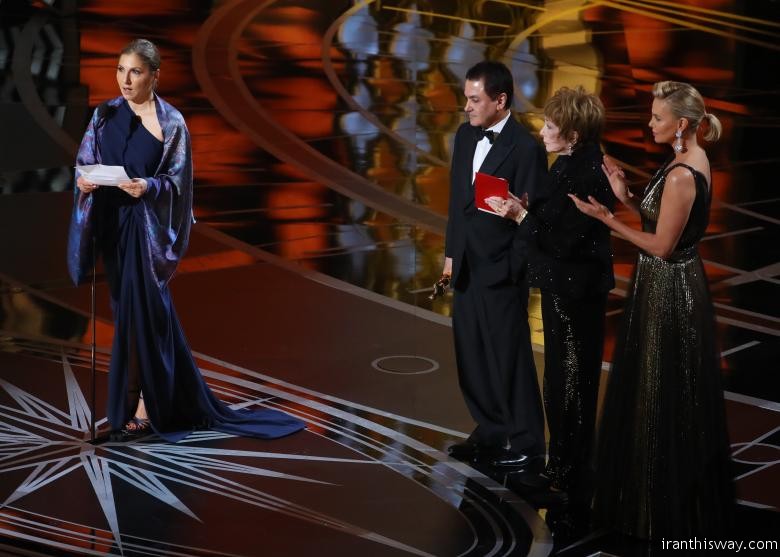
Best Foreign Language Film The Salesman Asghar Farhadi (Iran) is accepted by a designated woman reading Farhadi’s statement. REUTERS/Lucy Nicholson
Farhadi’s lead actress, Taraneh Alidoosti, also boycotted the event, calling Trump’s visa ban ‘racist’.
The measure has been put on ice by the US federal courts, and Trump’s White House is devising a new order.
Born in 1972 near the ancient city of Isfahan, Farhadi was swiftly drawn towards the arts, becoming interested in writing, drama and cinema while still at school.
He later took courses at the Iranian Young Cinema Society and graduated with a master’s degree in film direction from Tehran University in 1998.
‘The Salesman’ also found success at last year’s Cannes film festival, with Farhadi winning best screenplay and his star Shahab Hosseini named best actor.
It was his second official festival selection after his French-language film ‘The Past’ in 2013, which won the ecumenical jury prize.
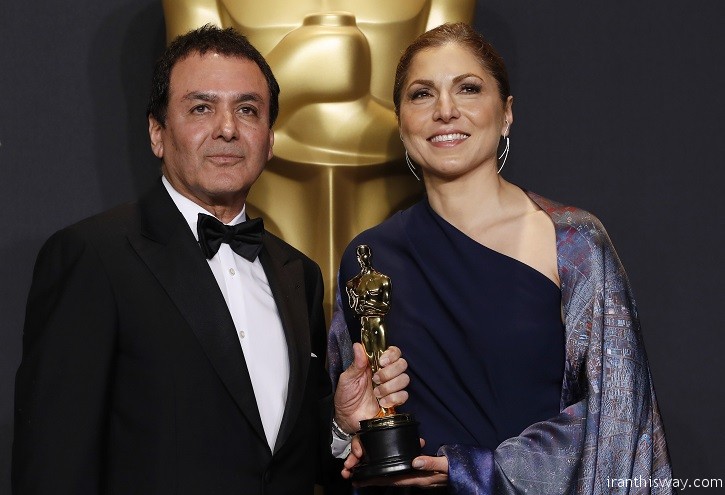
89th Academy Awards – Oscars Backstage – Hollywood, California, U.S. – 26/02/17 – Anousheh Ansari and Firouz Naderi pose with the Oscar they accepted on behalf of Asghar Farhadi, who won the Best Foreign Language Film for “The Salesman”. REUTERS/Lucas Jackson – RTS10HRL
The structure of Farhadi’s scripts “is always complex but fluid”, cinema writer Beatrice de Mondenard said at the time.
“He seeks to show the difficulties inherent in relationships between people, the choices faced by everyone, choices which make us question our values and our convictions.”
Farhadi’s ‘About Elly’, which tells of a woman who vanishes on a beach getaway with friends, scooped the Silver Bear award for best director at the 2009 Berlin film festival.
Other films include ‘Dancing In The Dust’, ‘Fireworks Wednesday’ and ‘Beautiful City’.
Late Iranian filmmaker Abbas Kiarostami was also honored at the 89th Academy Awards.
The Academy awards ceremony named Kiarostami in a video that honored the world artists who passed away in 2016.
Kiarostami was also an accomplished photographer and painter. His last film was ‘Like Someone in Love’ (2012) — a romantic drama set in Japan — was nominated for a Palme d’Or at Cannes.
Congratulations
Iranians cheered the choice of one of their own for the best foreign film Oscar, lauding director Farhadi’s boycott of the Hollywood ceremony for his film as an act of defiance against the Trump administration.
The six nominated directors in the foreign language category had put out a joint statement ahead of the award decrying what they called the climate of ‘fanaticism’ in the United States and dedicating the award to the promotion of ‘unity and understanding’ regardless of who won.
Film critic Esmaeil Mihandoost, who wrote a book about Farhadi, told AP that thanks to the boycott, the film director has now “more influence on public opinion than a politician”.
“It created an exceptional opportunity for criticism” of Trump’s policy,” he added.
Iranian Foreign Minister Mohammad Javad Zarif said he saw the prize as taking a stance against Trump’s executive order. “Proud of Cast and Crew of ‘The Salesman’ for Oscar and stance against #MuslimBan. Iranians have represented culture and civilization for millennia,” he tweeted in English.
Vice President Es’haq Jahangiri praised Farhadi both for the award and for boycotting the ceremony, calling it a ‘priceless action’.
Farhadi had organized a free screening of ‘The Salesman’ in London’s Trafalgar Square on Sunday.
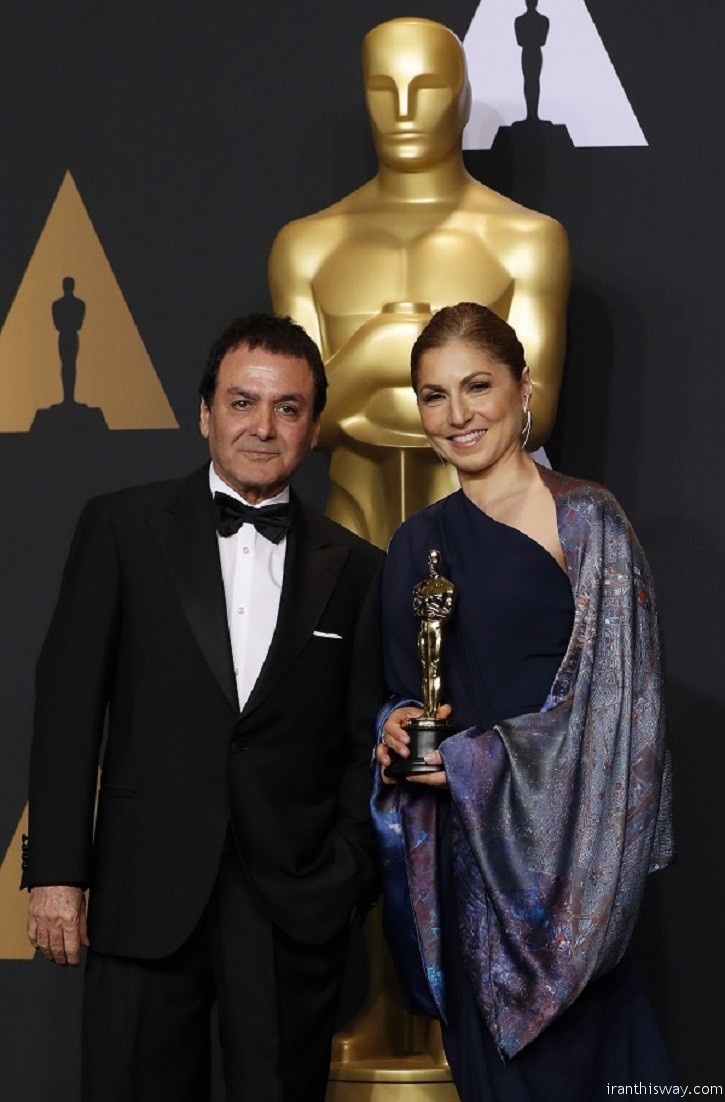
89th Academy Awards – Oscars Backstage – Hollywood, California, U.S. – 26/02/17 – Anousheh Ansari and Firouz Naderi pose with the Oscar they accepted on behalf of Asghar Farhadi, who won the Best Foreign Language Film for “The Salesman”. REUTERS/Lucas Jackson – RTS10HRP
Meanwhile, Iran’s Culture Minister Abbas Salehi-Amiri congratulated Iranian filmmaker for winning the Oscar and commended his stance against the racist policy of Trump administration against refugees.
“In today’s chaotic, insecure and dark world, it is altruism, pacifism and a shining light which bring freedom-seeking people together, and you [Asghar Farhadi] were successful in using the expressive language of the arts to convey the peaceful message of Iran and the Iranians beyond geographical borders,” he said in his message to Farhadi for winning his second Oscar.
“Your symbolic absence at the Academy Awards as a protest against the shortsighted and racist policies of America’s novice politicians against refugees brought together many with a good conscience together and removed the mask from the false faces of those so-called defenders of human rights, at the same time as it displayed to the world the true, culture-loving image of the Iranians,” he added.
He underlined, “As of today, the world acknowledges that the ‘Iranophobia’ project was nothing but a deceit, and you managed to tie the Iranian outlook of contemporary ills of humanity with the shared outlook of the whole world.
“Your message today was the message of sympathy, empathy and solidarity.”
He concluded, “No doubt, Iranian cinema with its major share in promoting and fostering culture and national security, can make great use of such opportunities to introduce the Iranian arts on an international level.”
London Mayor Sadiq Khan told the crowds: “President Trump cannot silence me. We stand in solidarity with Asghar Farhadi, one of the world’s greatest directors.”
2017 Academy Award winners
The coming-of-age drama ‘Moonlight’ won the best picture at the 89th annual Academy Awards Sunday night in a chaotic ending.
The film won after ‘La La Land’ was mistakenly announced as the best picture winner.
Presenter Warren Beatty said he paused so long before the name was read because the envelope read Emma Stone, ‘La La Land’. Actress Faye Dunaway read the name ‘La La Land’ after chiding Beatty for taking so long to read the winner.
The film tells the story of a boy’s journey to adulthood through his rough upbringing in Miami. The film stars Naomi Harris as the boy’s drug-addicted mother, and Mahershala Ali as a drug dealer-turned mentor for the boy.
The winners are as follows:
Best Picture: ‘Moonlight’
Actor: Casey Affleck, ‘Manchester by the Sea’
Actress: Emma Stone, ‘La La Land’
Supporting Actor: Mahershala Ali, ‘Moonlight’
Supporting Actress: Viola Davis, ‘Fences’
Directing: Damien Chazelle, ‘La La Land’
Foreign Language Film: ‘The Salesman’, Iran
Adapted Screenplay: ‘Moonlight’, screenplay by Barry Jenkins, story by Tarell Alvin McCraney
Original Screenplay: Kenneth Lonergan, ‘Manchester by the Sea’
Production Design: ‘La La Land’, Production Design: David Wasco; Set Decoration: Sandy Reynolds Wasco
Cinematography: Linus Sandgren, ‘La La Land’
Sound Mixing: ‘Hacksaw Ridge’, Kevin O’Connell, Andy Wright, Robert Mackenzie and Peter Grace
Sound Editing: ‘Arrival’, Sylvain Bellemare
Original Score: ‘La La Land’, Justin Hurwitz
Original Song: ‘City of Stars’ from ‘La La Land’, music by Justin Hurwitz, lyric by Ben Pasek and Justin Paul
Costume Design: Colleen Atwood, ‘Fantastic Beasts and Where to Find Them’
Documentary (short subject): ‘The White Helmets’, Orlando von Einsiedel and Joanna Natasegara
Documentary Feature: ‘O.J.: Made in America’, Ezra Edelman and Caroline Waterlow
Film Editing: ‘Hacksaw Ridge’, John Gilbert
Makeup and Hairstyling: ‘Suicide Squad’, Alessandro Bertolazzi, Giorgio Gregorini and Christopher Nelson
Animated Feature Film: ‘Zootopia’, Byron Howard, Rich Moore and Clark Spencer
Animated Short Film: ‘Piper’, Alan Barillaro and Marc Sondheimer
Live Action Short Film: ‘Sing’, Kristof Deak and Anna Udvardy
Visual Effects: ‘The Jungle Book’, Robert Legato, Adam Valdez, Andrew R. Jones and Dan Lemmon

